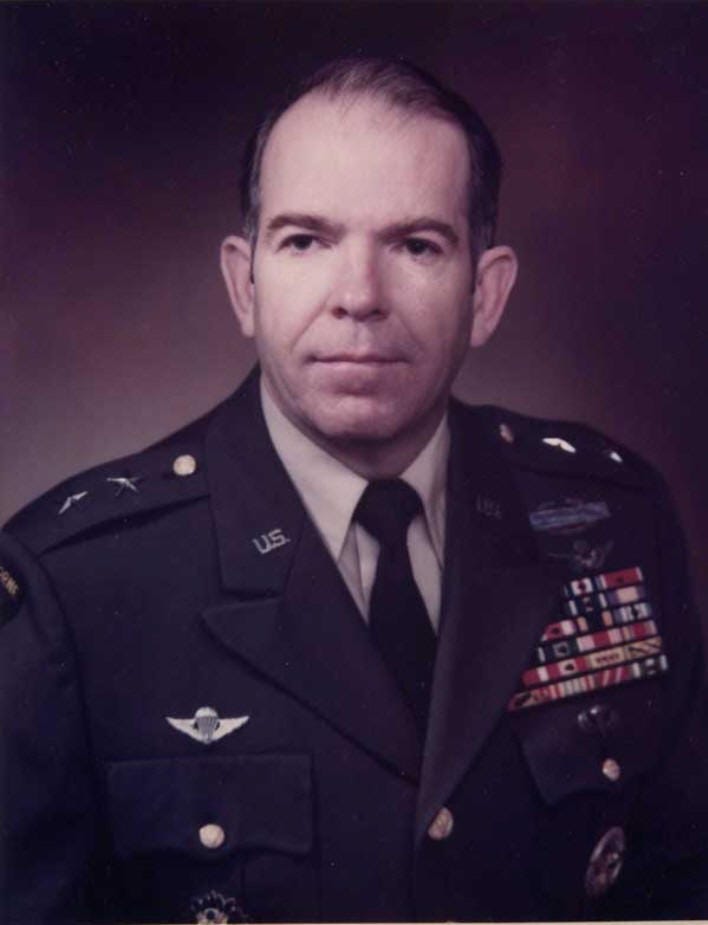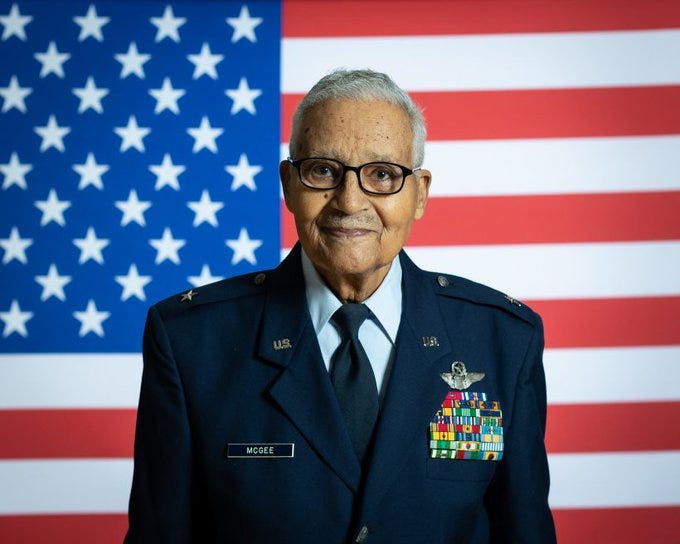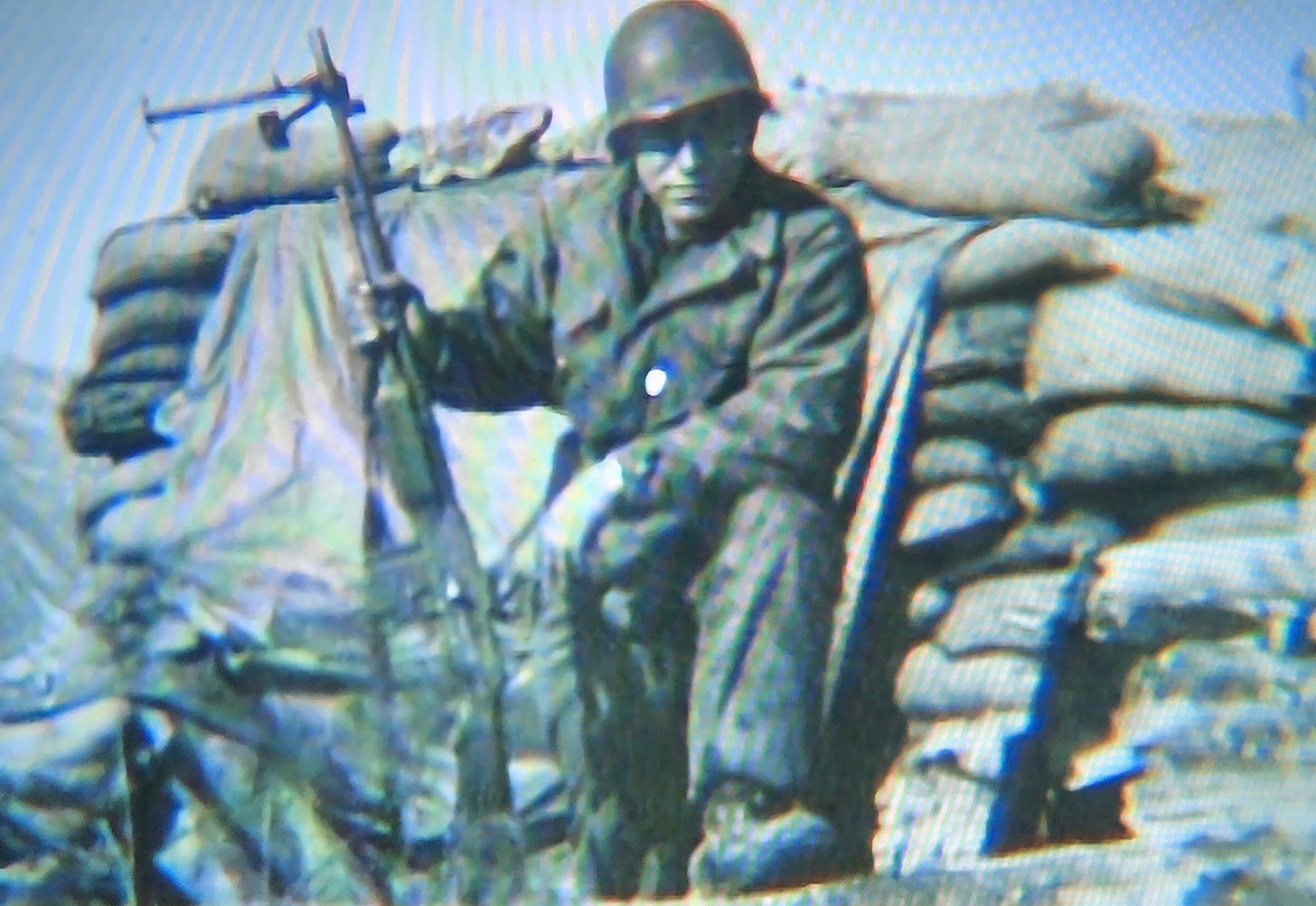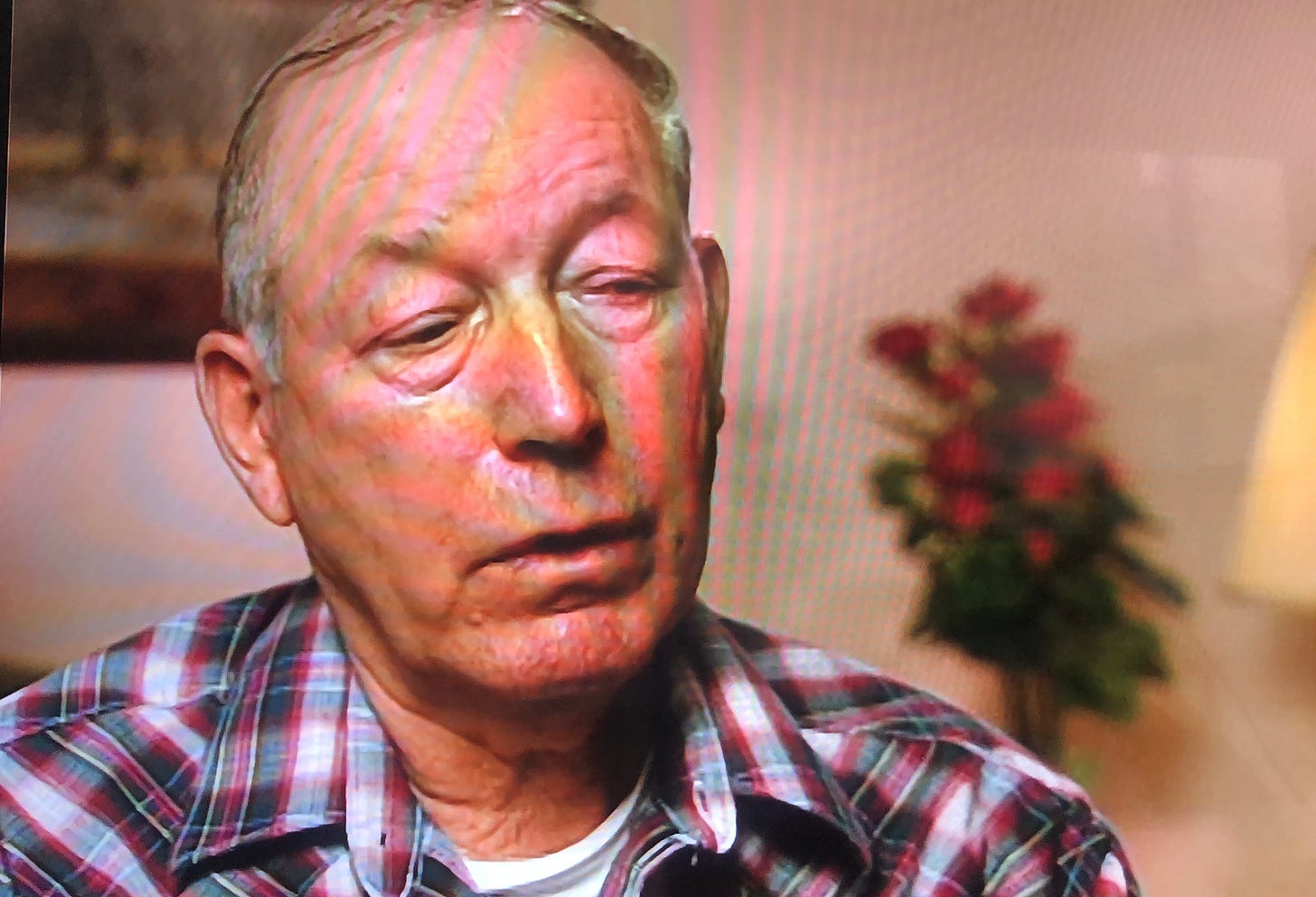The drumbeat is steady these days. Every few weeks I see another name. Learn of a death. Then I remember. Two died recently.
Over the course of my journalism and television career I’ve done quite a few stories on the US military. The work, like the topic, fills a wide and deep bucket. It includes investigations into waste, crimes, aircraft accidents as well historical documentaries. Achieving this meant travel. From Port Elizabeth, South Africa to Scribner, Nebraska. From World War Two airfields in The Philippines to U.S. Army Engineer School at Fort Leonard Wood, Missouri.
The veterans all leave a mark on you. I’ve met and interviewed in some capacity 100s, the actual number might be in the 1000s. When you sit down to interview a soldier who held The Pusan Perimeter or struggled to find cover on Dong Ap Bia you get to enquire and delve. You ask questions others won’t or don’t. What unfolds are stories of fear, pain, loss, and all the wisdom hardship brings.
Time has traveled on, but these are not anecdotes you simply retell. They frequently relive. If asked I’d typically let family listen from another room. On several occasions a wife has come up to me after stunned and proclaim things like, “ I finally understand.”
Major General Benjamin Harrison and Brigadier General Charles McGee are two names I read recently. At a combined age of almost 200 their deaths didn’t shock me. Still, there is no right time for some things.
I decided there is a right time for me to put a few thoughts and memories down. A small offering to the legacy of people we owe so much.
I’ll start with one of that got me to Ed Faltin’s farm in Scribner, Nebraska. It was freezing cold and his home a simple brick building on a few hundred acres. I was there to interview him about The Korean War. Specifically, a battle known as Heartbreak Ridge.
Ed was 20 when he arrived in Korea in 1950. His story is as old and new as any a soldier might tell. Disorder in uniform. Two days after arriving he was handed his weapon and ammo. A BAR, Browning Automatic Rifle. He’d never seen one in his life. In basic he’d been taught how to use an M1 rifle.
In the hours that we sat together Ed remembered many things. There was the steady stream of trucks he noticed just off the ship. They were hauling the bodies of dead GIs to the morgue. His first climb up Heartbreak Ridge when he locked eyes with the frozen face of a dead American, “the image of that face is going to die with me.” His tears of joy docking in San Francisco and seeing the American Flag.
But what always comes back to me when I think of Ed is his love for his mother. She was not well for much of her life. A bad heart if my memory serves me. I do know her son hid the fact that he was in combat. He didn’t even let her know he was in Korea.
This proved a little tricky when Ed was wounded in combat. Paperwork to process a Purple Heart and other commendations were never submitted. He saw to that. The last thing he wanted was his mom getting a telegram.
After our show featuring Ed aired he was reconnected with his platoon leader. A World War Two vet recalled for Korea. Ed credited with keeping him alive and getting him home. There was also a renewed push to see Faltin awarded the Purple Heart he had earned.
I recall writing a few letters supporting the record of Ed’s valor. I know his old platoon leader did as well. Ed’s son, Dan, led the charge. It worked, a few years after the show aired Ed got his reward. On a Memorial Day over 50 years after he was wounded.
I’ve won a couple awards for journalism. But never any big ones like an Emmy. Ed finally getting his Purple Heart will do just fine.
You can see and hear more about Ed Faltin by watching the show here.
Stay tuned for more of these.







